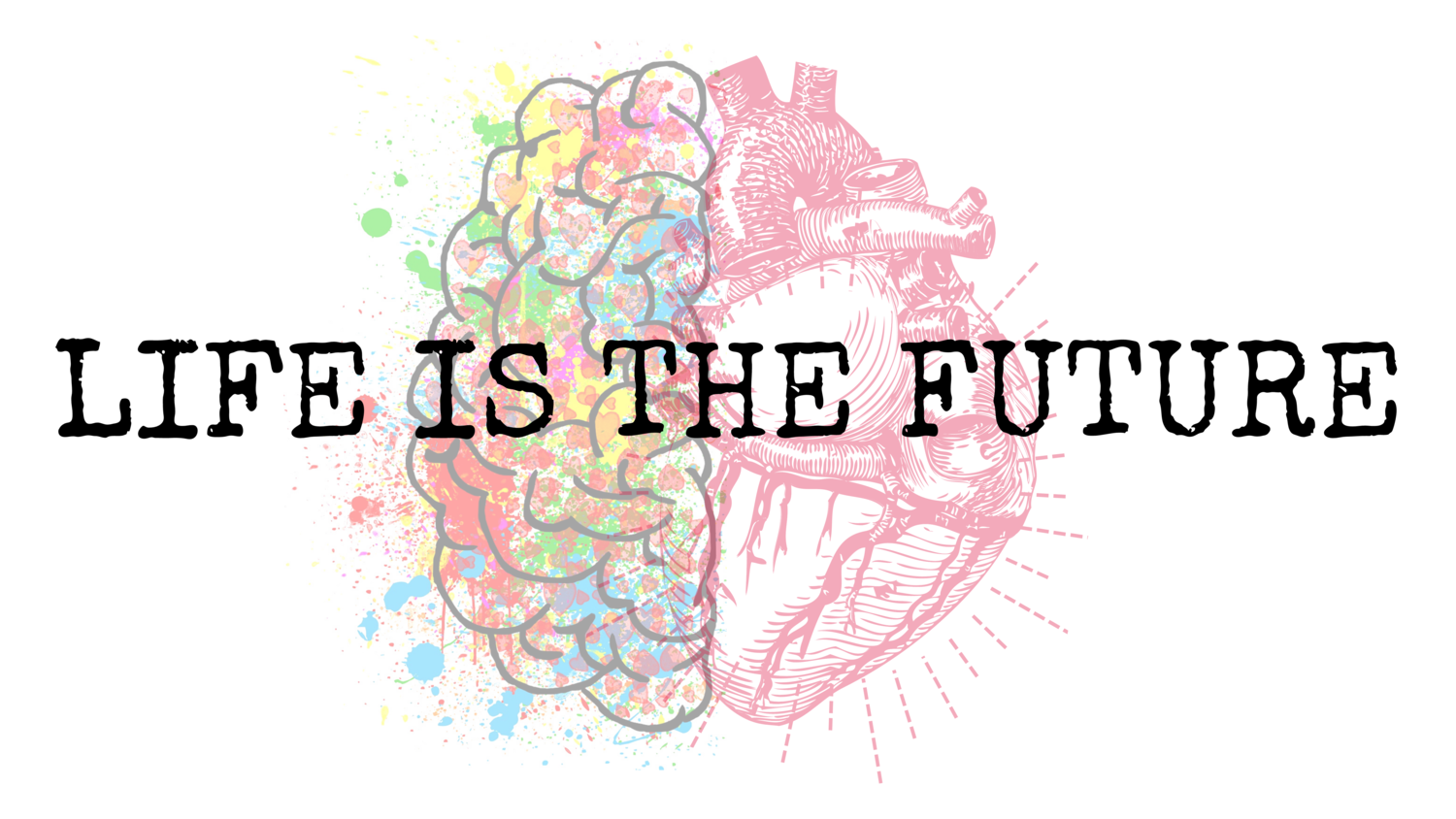Coffee & Waves
by James Toland
I’ve heard about stories of people “paying it forward” in terms of buying coffee for others or paying for the meal of the car behind them in a drive-thru, but it had never happened to me; until today.
I stopped into Dunkin’ Donuts to get my usual, one large black coffee, and the lady in front of me insisted on buying my coffee for me. It’s a weird thing (which is sad) being able to accept in a nice unselfish gesture from a stranger and not be suspicious or awkward. There is a chance that I’m naturally awkward, so that part might not actually be a factor in this situation. However, we live in a day and age in which someone doing something nice, especially unsolicited, is out of the norm.
Anyway, it happened to me. I told her repeatedly that she “didn’t have to do that,” but she insisted and then there was the moment where we were both standing there and I was trying to decide; do I have a conversation with her? What do we talk about? Am I supposed to buy coffee for someone else? I just didn’t know what the protocol was for these kinds of situations.
Charity. Being nice. Helping out others. These are things which should be engrained in our lives and society, but often they are not.
In college, I was lucky to be a founding member of the Pi Kappa Alpha fraternity at Western Illinois University. Now everyone has their preconceived notions about fraternities and probably the Pikes too. But they taught me a lot about how to run an organization, how to be accountable to others, what it meant to be academically successful and how to use what you had to give to others. We participated in all types of philanthropic endeavors from volunteering our Saturday mornings working the sidelines at JFL games, to volleyball and basketball tournaments which raised money for various charities, to Jump Rope for Heart events to spending weekends helping to build homes for Habitat For Humanity.
Later, as an adult, I spent a few years volunteering on Saturday nights a local homeless shelter, and raising money annually for the American Lung Association’s Fight For Air Climb event. If you aren’t familiar, it’s a 30+ flight of stair, stair climb which services as a race in which participants raise a minimum of $100 then attempt to complete the stair climb in as short of a time as possible. I like the idea of helping others and this event is close to my heart. I lost my Grandfather my second year of college and one of my uncles last year both to lung cancer. The 4:00 it takes to climb the stairs (this event really crushes your legs, by the way) is nothing compared to the pain and treatments they had to endure. If I can help, in someway with my time, effort and money so that others with lung related illnesses can have a better life, I’m happy to do it.
The point is that it never has to be “the shirt off your back” but doing things for others is an easy thing, if you just take the time. I’ve taught my son to open the doors for others and to help kids who need help. I see my daughter helping other students with their math homework and helping pick up equipment at practice. They might not understand how these small gestures impact others, but someday they’ll be able to find their own ways of giving to others.
I’ll summarize with an analogy from one of my favorite books of all-time, Tuesdays With Morrie. A lesson I use with my students is Morrie’s story about “The Little Wave.”
This is the story:
Okay. The story is about a little wave, bobbing along in the ocean, having a grand old time. He's enjoying the wind and the fresh air-until he notices the other waves in front of him, crashing against the shore. "My God, this is terrible," the wave says. "Look what's going to happen to me!"
Then along comes another wave. It sees the first wave, looking grim, and it says to him, "Why do you look so sad?"
The first wave says, "You don't understand! We're all going to crash! All of us waves are going to be nothing! Isn't it terrible?"
The second wave says, "No, you don't understand. You're not a wave, you're part of the ocean.”
The lesson I use with this in regards to my students is that their lives matter. Their lives touch my life and countless other lives that they probably don’t realise or have ever even considered. In terms of this idea of the “shirt off your back” it applies to the concept that even a little gesture can lead to more positive interactions that can ripple out into the lives so many others.
So . . . thank you lady who bought my coffee today. I sincerely appreciate it. And while I didn’t receive nor give anyone the shirt off my back, I have been impacted in a positive way which set forth a positive attitude that I will attempt to pass onto others.
In some very small way, that might be the only thing the world needs.

